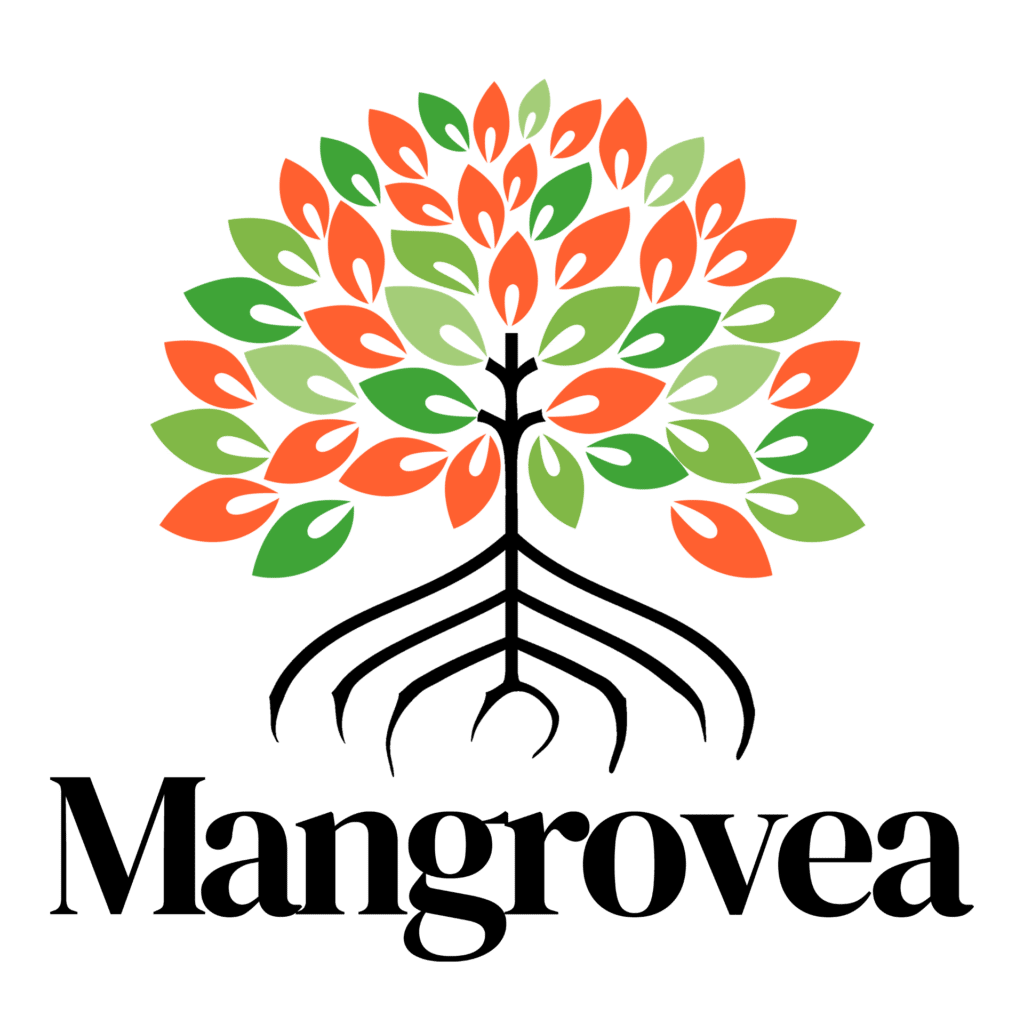Copernic is a HubSpot consulting, integration and expertise agency offering its customers 360° support. Over the past 7 years, Copernic has built up a wealth of knowledge and skills around HubSpot, and offers a wide range of services, from audits to team training. Copernic is ranked among the top HubSpot partner agencies in France, as well as being in the Top 10 worldwide.l. We are recognized by HubSpot as experts in the deployment of their solutions.
Copernic also offers native integration solutions with a variety of tools, including marketing, sales, customer service, data synchronization and finance.
Background
Faced with exponential growth, Copernic chose Mangrovea to manage its acquisition campaigns. The ambition was clear: intensify lead generation while optimizing acquisition costs.
Our proposal was based on two major axes:
- Implementation of a marketing data tracking system, directly integrated into their CRM.
- Development, launch and supervision of Ads campaigns across relevant platforms.
Technologies and platforms used :
CMS: Hubspot
CRM: Hubspot
Tag management: Google Tag Manager
Ads platform: LinkedIn / Meta (formerly Facebook) / Google
The strategy adopted
On-site collection
In order to know to what extent clicks on advertisements generate key actions on the website (a purchase, a registration or the submission of a form, for example) the first step was to set up Google Ads / Meta Ads / LinkedIn Ads conversion tracking; We opted on this account to set up the advanced conversion trackingThis is a little more technical, but it enables platforms to collect more data on visitors in order to improve tracking reliability (especially when cookies are deleted, for example).
At this stage, we were able to measure the number of forms sent, for example, and transmit this information to the various advertising platforms.
Most advertisers stop there. The problem, however, is that this configuration offers no visibility over the quality of the forms generated!
It's certainly interesting to know that campaign A generated 100 leads while campaign B only 50, but how can we be sure that not all 50 leads from campaign B went on to purchase, compared with 10 from campaign A?
This is where offline conversion tracking comes into play
CRM (HubSpot): Setting up offline conversion tracking
When we talk about conversion tracking, many people immediately think of online actions: clicks, registrations, site purchases... But a large proportion of important conversions, especially for companies whose customer journey is more complex or requires offline interactions, are often overlooked: these are offline conversions. Offline conversion tracking makes it possible to link offline events (in this case, a prospect converted by a sales rep) with the various advertising platforms to measure their impact on the sales process.
For Copernic, the aim was not only to find out how many forms were being filled in online, but also to understand the real value of these prospects. What was their actual conversion rate once they had been contacted or interacted with offline? Were they really qualified?
To answer these questions, an integration between marketing platforms and their CRM (HubSpot) was necessary.
To ensure precise traceability, we have integrated hidden fields such as GCLID (Google Click ID) and FBCLID (Facebook Click ID) into the website forms. These unique identifiers are generated every time a user clicks on an ad, enabling us to track the user from the ad to the site, and ultimately to HubSpot once they fill in a form. In this way, we can determine exactly which ad led to which conversion, whether online or offline.
Coming full circle: From HubSpot to advertising platforms
Using Hubspot's native integration with Google Ads, Meta Ads and LinkedIn Ads, we were able to relay conversion events from the CRM back to the platforms. If a prospect filled in a form and then finally became a customer a few days later, this information was sent back to the platforms, enabling us to assess the real effectiveness of each campaign or ad.
Ads campaigns
Problem: The world of marketing agencies is extremely competitive;
The Copernic agency is therefore a special Ads account in the sense that all the competing advertisers are professionals. What's more, since tech/marketing services can quickly be worth a certain price, advertisers don't hesitate to bid heavily, which translates into extremely high CPCs (Cost per Click on ads).
So we helped Copernic build a marketing strategy that took this environment into account. By mainly targeting the top of the tunnel (i.e. people who are at the beginning of their thinking process), we ultimately seek to "create demand" rather than capture it at the end of the line, where all competitors are waging a cost war.
This is a very content-intensive strategy, and we help Copernic develop a content strategy that is structured and relevant to deliver maximum value to our target personas. All this is amplified by Ads.
Thanks to the technical set-up described above, every decision we make is backed up by finely-gathered data that is analyzed throughout the entire journey, far more than most of the company's competitors.
Results
Copernic now has a complete view of the performance of its advertising campaigns, from the first click to the final conversion, whether online or offline. This in-depth conversion tracking strategy has made it possible to efficiently reallocate advertising budgets to the best-performing campaigns, and improve overall advertising ROI.
- +100 Leads generated every month
- CPL (Cost per Lead) in line with Copernic objectives
- Significant increase in the rate of qualified leads: all leads are now professional email addresses and prospects have answered pre-qualification questions, which was not the case before.






